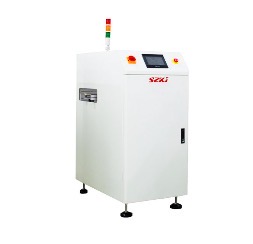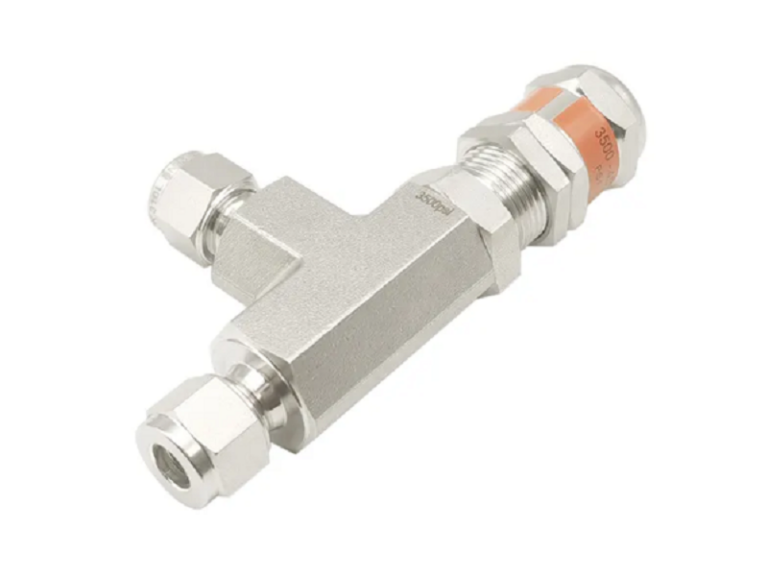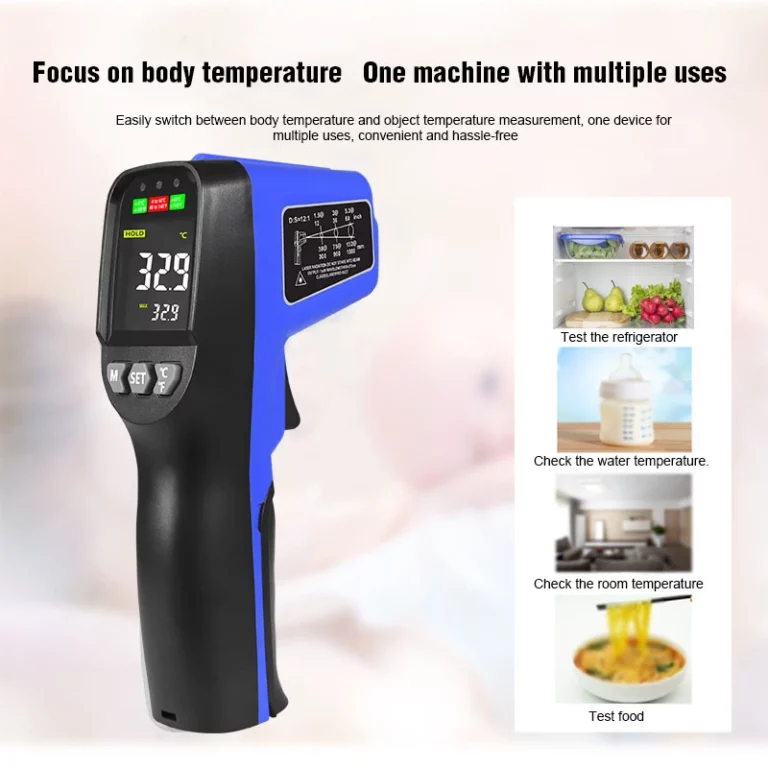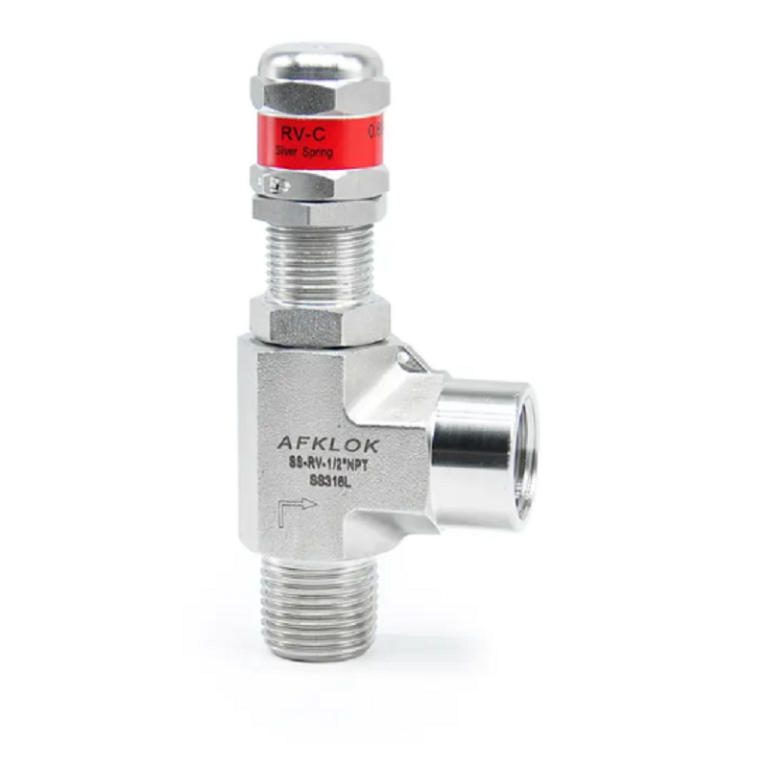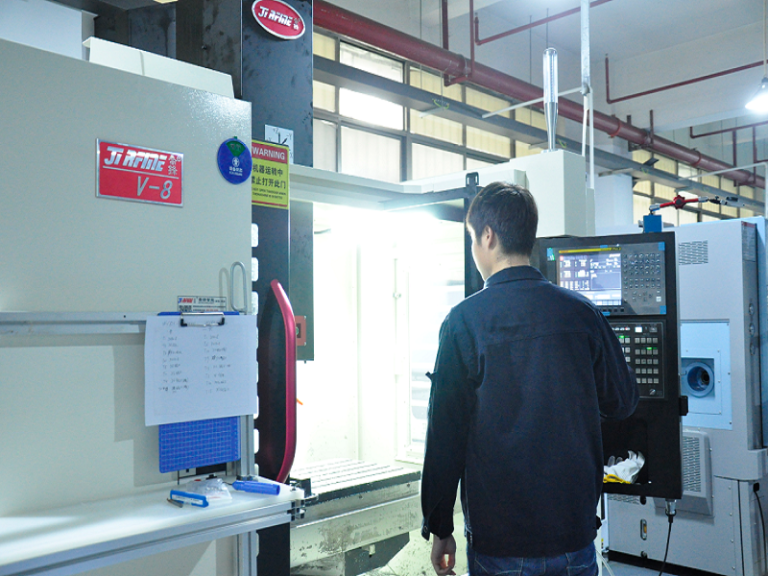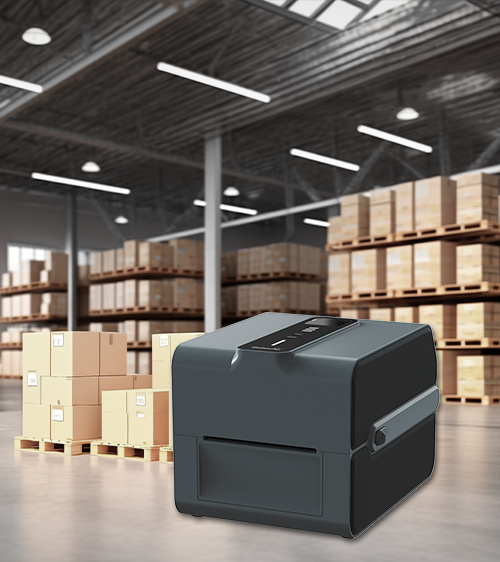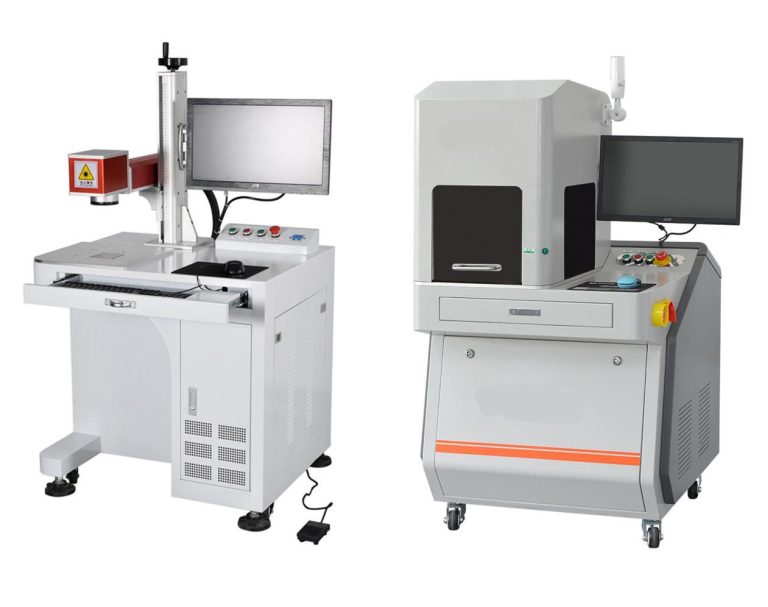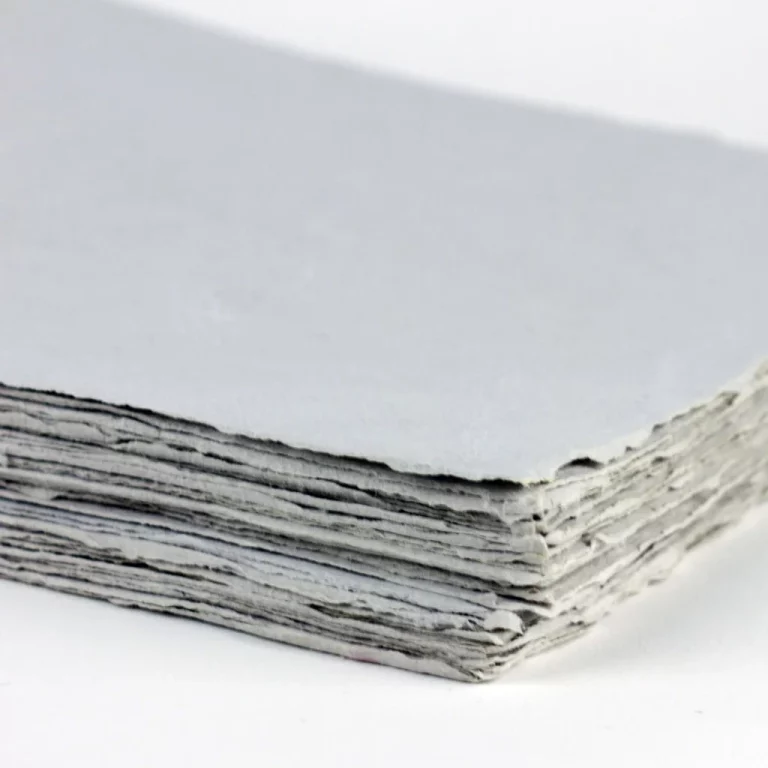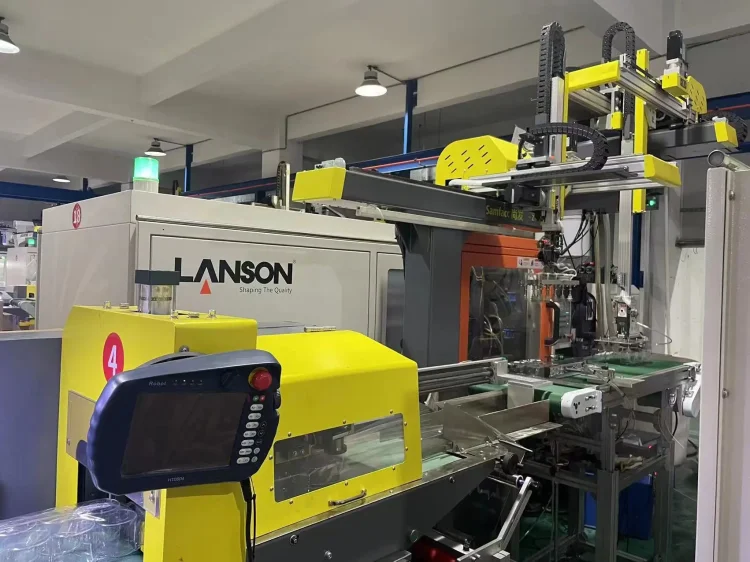目录
Do you need to fill capsules with powders or liquids? It is time-consuming to manage these filling tasks manually. That is why you can invest in encapsulation machines for your industrial purposes. Pharmaceutical companies use this machine to manufacture different supplements and drugs. So, encapsulation is a way to fill the capsules. But, what type of machine should you buy to fill capsules? What are the advantages of using encapsulators? Learn about the advanced machinery to deal with the encapsulation process.
What are encapsulation machines?
Encapsulators or capsule fillers are specially designed equipment for filling empty capsules with ingredients (such as granules and powders). They play a significant role in the drug manufacturing industry. Before making an investment, you should learn about the types of encapsulators.
- Manual
- Automatic
- Semi-automatic
The automatic version can be categorized into various types-
- Liquid encapsulators
- Hard gelatin encapsulators
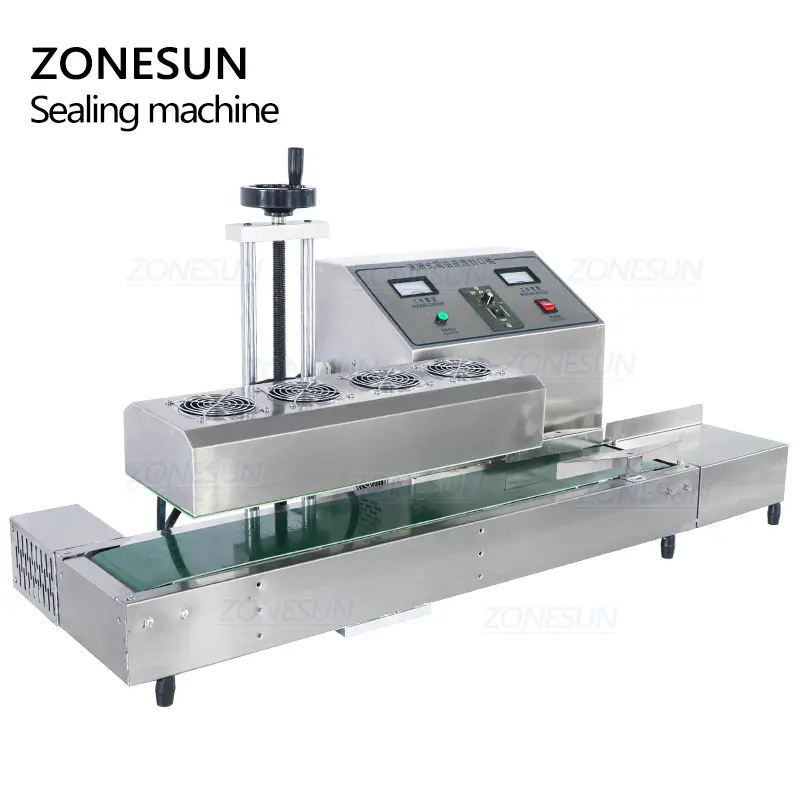
Should you purchase manual encapsulators?
Hand-operated or manual encapsulation machines are best for businesses with small-scale production. These fillers have no complex mechanisms and are made of solid materials like acrylics. You can buy manual encapsulators for filling non-aqueous liquids and sticky powders.
Manual models have a user-friendly design, and your workforce can use it without training. Moreover, they are available at an affordable rate without affecting the functionality. As they do not consume electricity during the filling process, you will save money. It is also easy to dismantle and clean the machine.
Most manual encapsulation machines have stainless steel parts and a portable design. The unique feature of these machines is that they help you fill both separated and joined empty capsules.
But, manual encapsulation machinery fills not more than 800 capsules per cycle. Moreover, there is a risk of low accuracy with this machine.
Is a semi-automatic encapsulator the right choice?
A semi-automatic version combines automatic and manual machines designed to manufacture up to 20k capsules in an hour. It is the best choice for medium-scale production. You can buy it for filling hard gelatin capsules. Pneumatic systems and powder filing augers are the most significant features of these machines. However, you should have at least one operator to check the filling process.
Fully automatic encapsulators- The most efficient machines
Some encapsulation machines are fully automated but are slightly costlier. However, in the long run, they will help you save your money. You can also integrate the machine with other equipment to create a comprehensive capsule-filling system. You can increase your business productivity with this machine.
Higher working efficiency is the main reason for choosing automatic encapsulators. The filling capacity can reach up to 400K per hour. There are also automatic sensors for identifying malfunctioning issues in the filling process. When someone accesses the door, the machine will automatically be shut down. But, most automatic machines have a heavier weight because of the more complicated components.
You can now compare these encapsulators to choose the right model. Based on your production needs, you can buy the best machines for your business.
0
